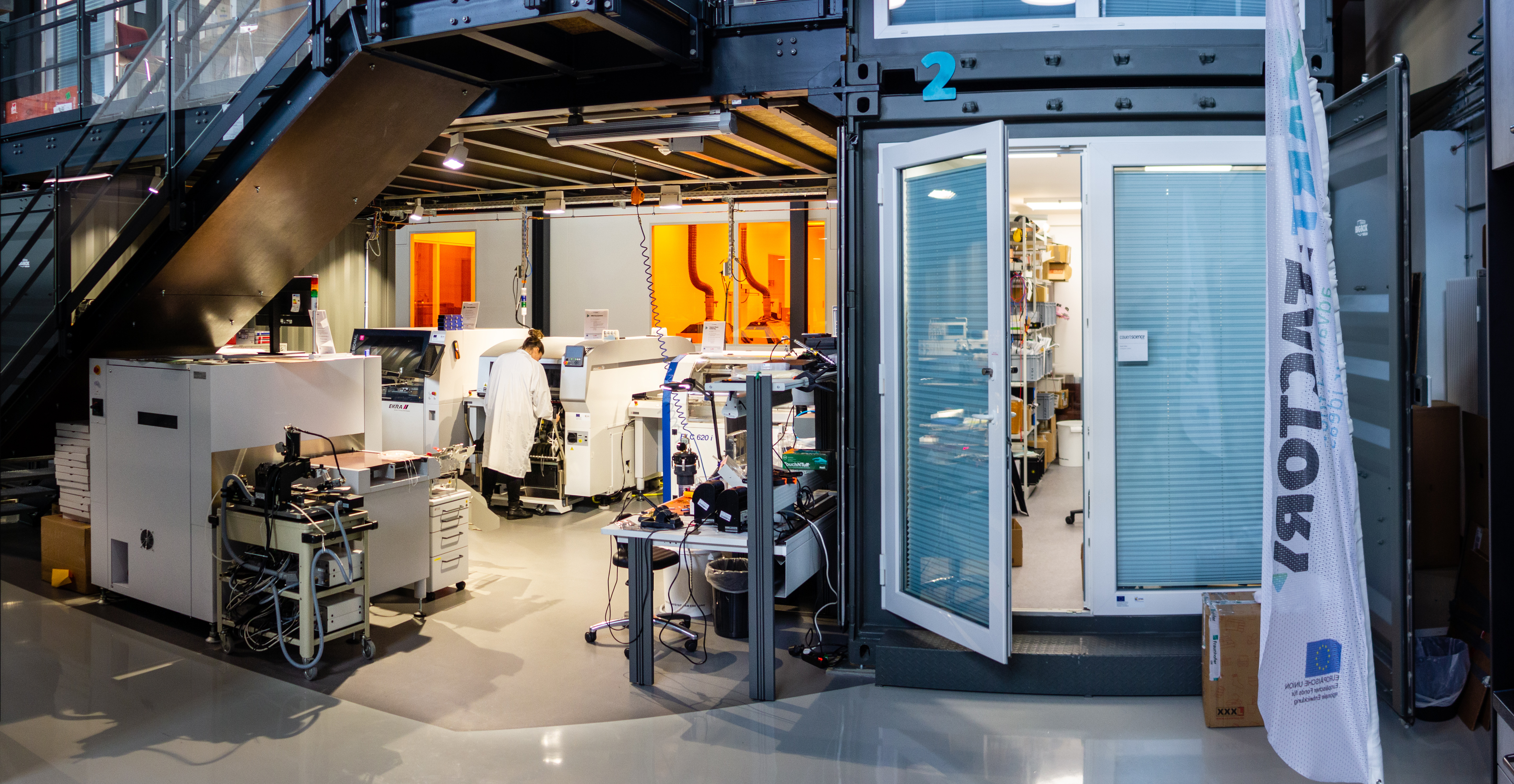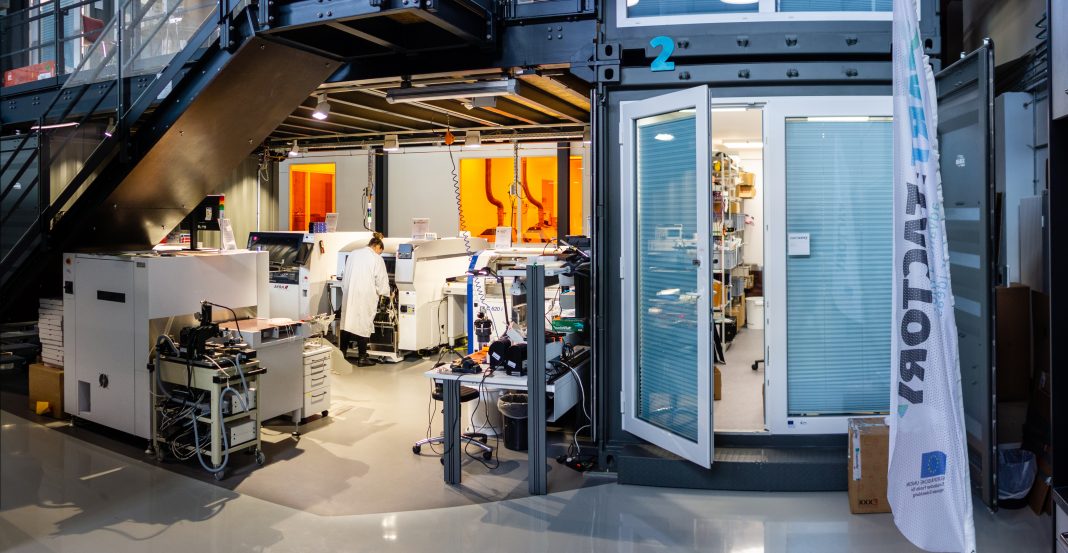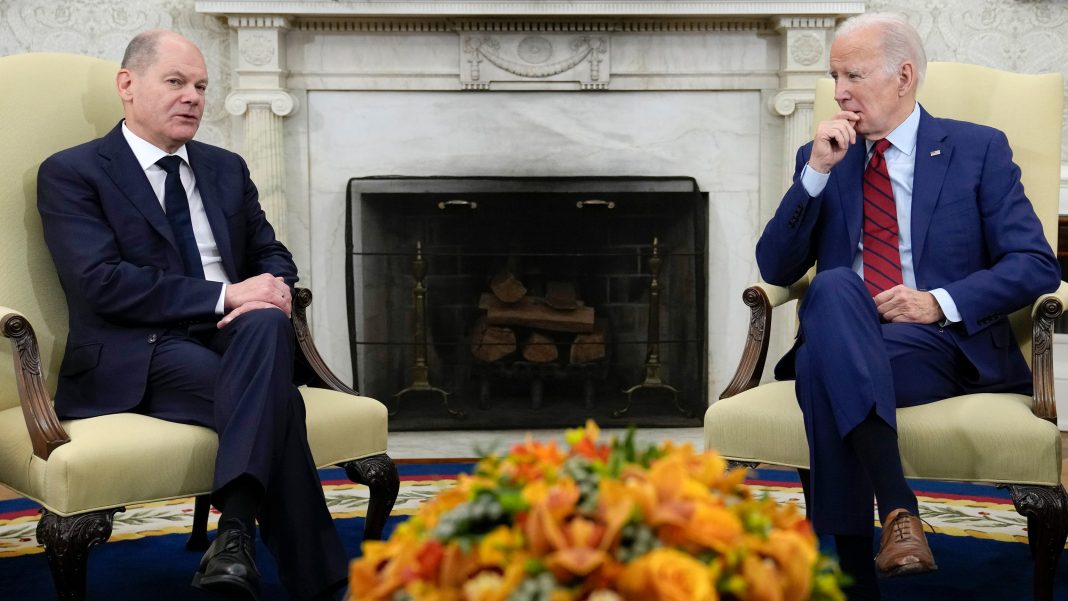 Raid on Fuyao Glass Factory Reveals Allegations of Financial Crimes and Labor Exploitation
Raid on Fuyao Glass Factory Reveals Allegations of Financial Crimes and Labor Exploitation
Introduction:
On July 26, the U.S. Homeland Security, along with other agencies, conducted a raid on the Fuyao glass factory in Ohio, which is known as the world’s largest auto glass maker. The operation was carried out at multiple locations in the Dayton area, and the reason cited was “allegations of financial crimes and labor exploitation.” This article will delve into the details of the raid, the significance of Fuyao’s presence in the United States, and the potential implications for U.S.-China relations.
Raid on Fuyao Glass Factory:
The raid on the Fuyao glass factory was conducted by hundreds of special agents from the U.S. Homeland Security, Internal Revenue Service Criminal Investigations Division, and the Federal Bureau of Investigations. It was part of an ongoing investigation into alleged financial crimes and labor exploitation. While Fuyao Glass America, the subsidiary in Ohio, was not the target of the investigation, it was cooperating with the authorities in their investigation into a third-party labor service company.
Fuyao Glass Group:
Fuyao Glass Group, established in China in 1987, is the world’s largest manufacturer of automotive glass. The company produces automotive safety glass and industrial technical glass. Fuyao Glass America, located in Ohio, is the core of the company’s investment in the United States and currently the world’s largest automotive glass factory. It has a significant presence in the U.S. market, accounting for 30 percent of automotive glass and accessories production.
Impact on Local Economy:
The investment by Fuyao Glass America has brought new job opportunities and tax revenue to the Dayton area, which was once part of the “Rust Belt” and faced economic decline after the 2008 financial crisis. The factory’s customers include major U.S. and European vehicle manufacturers such as GM, BMW, Ford, and Chrysler. In 2022, Fuyao Glass increased its investment in the United States by $650 million, further contributing to the local economy.
Differences in Labor Relations and Company Cultures:
Experts have pointed out that the recent raid on Fuyao Glass reflects the fundamental differences in how business is conducted in a civil society and a communist state. The management style and labor practices of Chinese companies, such as extended working hours, may not align with American workers’ expectations and labor laws. This could have been a contributing factor to the allegations of labor exploitation at Fuyao Glass America. Additionally, cultural differences and the lack of a government-business relationship like in China make it difficult for Chinese companies to suppress employees’ rights in the United States.
U.S.-China Trade War:
The raid on Fuyao Glass could be seen as a reflection of the negative impression that American political and business circles have of Chinese companies and China’s unfair competition practices. With the ongoing U.S.-China trade war, iconic Chinese companies like Fuyao Glass will likely face increased scrutiny. The United States is conducting various investigations into Chinese companies with significant market shares, and this raid may be a part of that effort. The trade war and deteriorating U.S.-China relations may further escalate tensions between the two countries.
Future Implications:
While the exact outcomes of the raid and investigation are yet to be determined, it is clear that this incident has highlighted the challenges and complexities of doing business between the United States and China. The impact of the U.S.-China trade war and the growing scrutiny of Chinese companies in the United States may lead to further investigations and potential retaliatory actions by China. The recent Third Plenary Session held by the Chinese Communist Party suggests that they are preparing for a decoupling from the United States. The future of U.S.-China relations and economic and trade dependence remains uncertain and will likely be influenced by the outcome of the U.S. presidential election.


